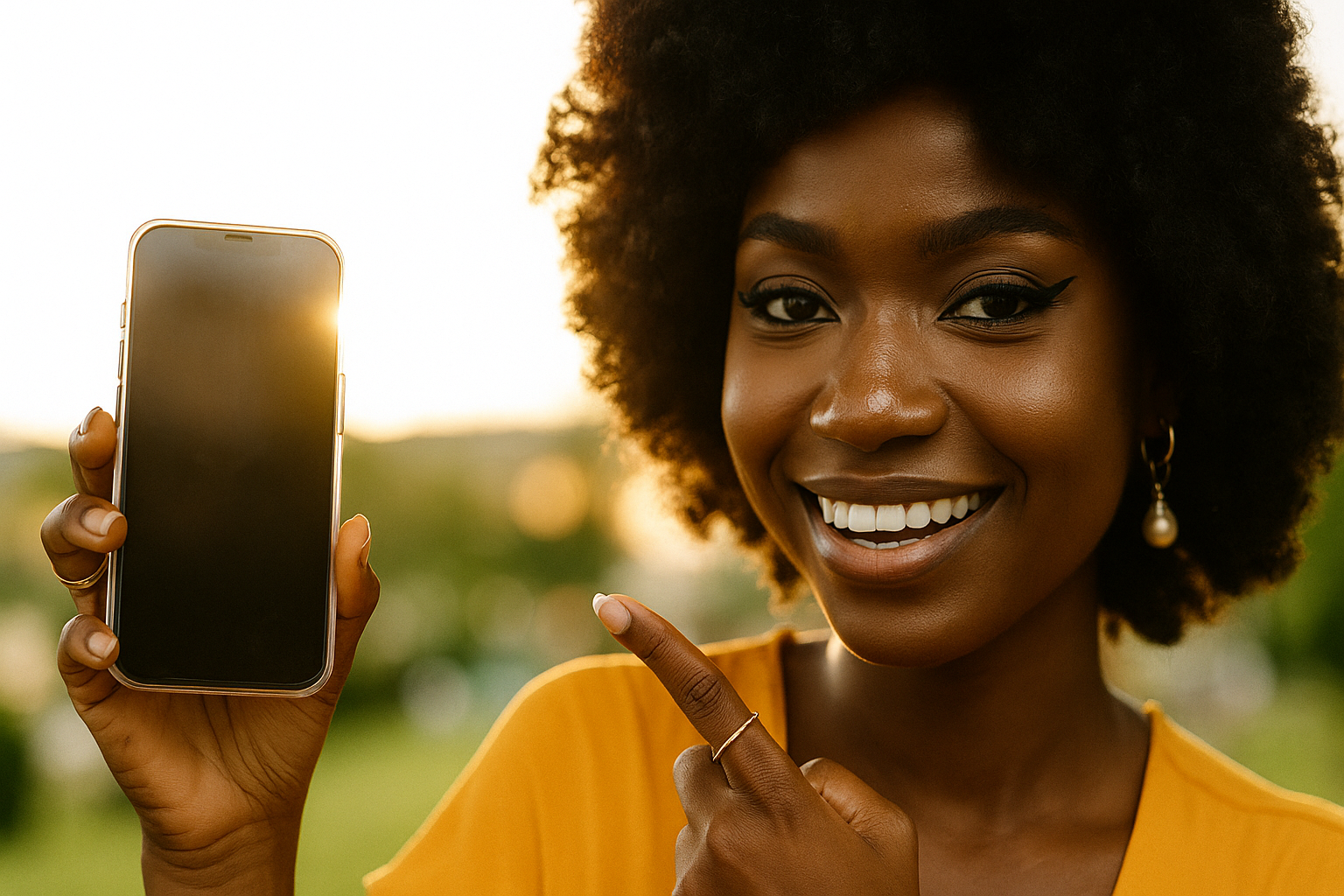Let’s be real — these days, most relationships in Nigeria don’t start with a face-to-face meeting. They start in the DMs, or on WhatsApp, after you match on a dating app like MatchingDates. And the first few messages? Typed — not spoken.
Now, Nigeria is a country full of personality, and our style of communication reflects that. But with all the jokes, slang, and sometimes chaos that comes with texting, it’s easy to fumble your shot without even realizing it.
If you’ve ever wondered “Did I say too much?” or “Was that emoji too extra?” — this is your go-to guide for texting etiquette in Nigeria.
1. Don’t Text Like You’re Writing a Job Application
Yes, respect is important. But if you sound like you’re applying for a federal government job just to ask someone out, you’re doing too much.
🚫 Bad:
“Hello, good afternoon. I hope this message meets you well. I’d like to know your availability for the weekend.”
✅ Better:
“Hey! Hope your day’s going well. Free this weekend?”
Keep it friendly, casual, and human. We’re flirting here — not filling a form.
2. Skip the Alphabet Soup
Abbreviations are part of Nigerian texting culture — “hwfar,” “lolz,” “wyd” — we get it. But don’t turn your message into a decoding game.
🚫 Bad:
“Hwfar. u der? 2nyt or nah? lolz 😩💀”
✅ Better:
“Hey, how far? You around tonight or tomorrow?”
Balance is key: clear, casual, and still fun.
3. Timing Is Everything
Nobody wants to be woken up by “hey 👀” at 2:00 am — unless you already have that kind of connection.
Be considerate. Mornings, lunchtime, or evenings work best. And if you’re delayed, just say:
“Hey, sorry — crazy day. I’ll reply properly later.”
That 3-second message shows respect and emotional maturity — trust, it goes a long way.
4. Don’t Rush the Vibe
You just said “hi,” and now you’re asking for pics? Or calling them “baby”? Chill.
Nigerian dating etiquette respects boundaries, and texting is no exception. Let the convo flow naturally before getting too cozy.
If someone gives dry replies or seems distant, it’s a signal — not a challenge. Don’t force the energy.
5. Emojis Are Fun… Until They Aren’t
We all love a good 😍 or 😂, but there’s a line.
🚫 Bad:
“I like you soooo much 😍😍😍😍💃💃🔥🔥🔥💯💯”
✅ Better:
“I like your vibe 😍 You’re fun to talk to.”
Emojis should add emotion, not become the emotion.
6. Know Who You’re Texting
Nigeria is diverse — Christian, Muslim, traditionalist, secular. Before diving into flirty or suggestive texts, ask yourself:
-
Are we at that stage?
-
Have they shown similar energy?
-
Could this offend them?
Good texting etiquette in Nigeria includes cultural and emotional awareness.
7. Don’t Text Like It’s a Solo Performance
Ever had someone text five times in a row without waiting for a reply?
Texting should feel like a tennis match — back and forth. If you dominate the chat or ignore replies, it feels one-sided.
Ask questions. React to their answers. Make it a real convo, not a monologue.
8. Meme-Speak Has Limits
We all enjoy “shey you dey whine me ni?” and “God abeg,” but unless you know your audience, don’t let your entire personality be meme quotes.
Add humor, yes — but mix it with authenticity.
9. Don’t Be Afraid to Call
If the texting is going well, don’t get stuck in chat limbo forever. Sometimes, hearing someone’s voice can deepen the connection faster than 1,000 texts.
Try this:
“I really enjoy chatting with you. Want to switch it up with a quick call sometime?”
Simple, respectful — and powerful.
Final Thoughts: It’s About More Than Just Words
In Nigeria, texting is an art. It’s not just about grammar or slang — it’s about timing, tone, and intention.
If you want to stand out, treat texting like a chance to connect — not perform. Show interest. Be respectful. Know when to turn up the charm and when to dial it down.
Because in the end, good texting etiquette in Nigeria doesn’t just keep the conversation going — it opens the door for something real.

0 comments